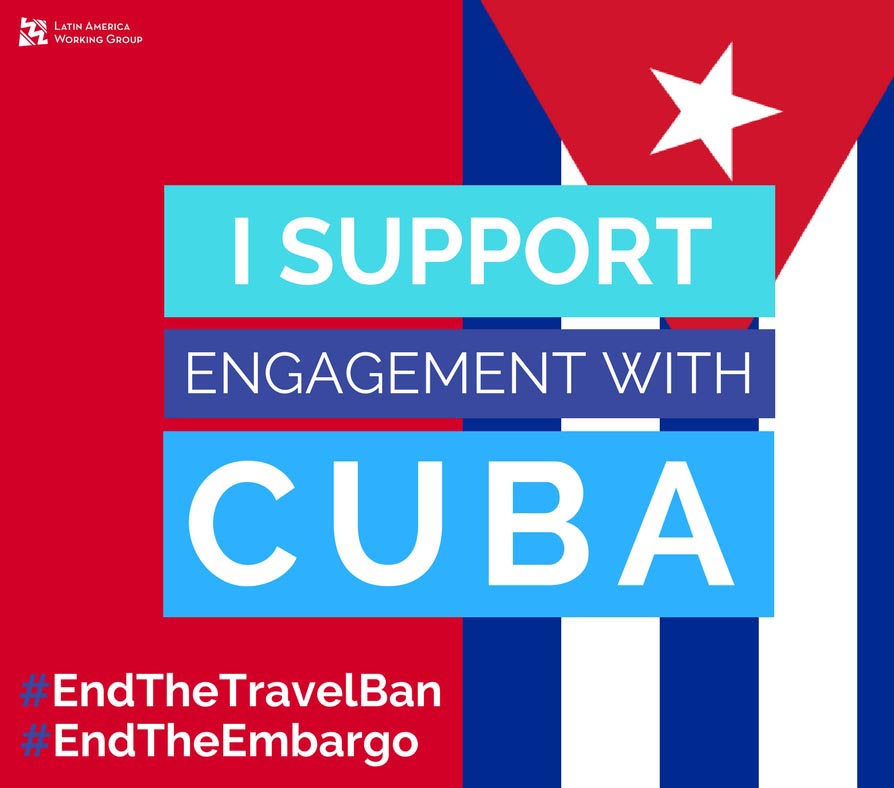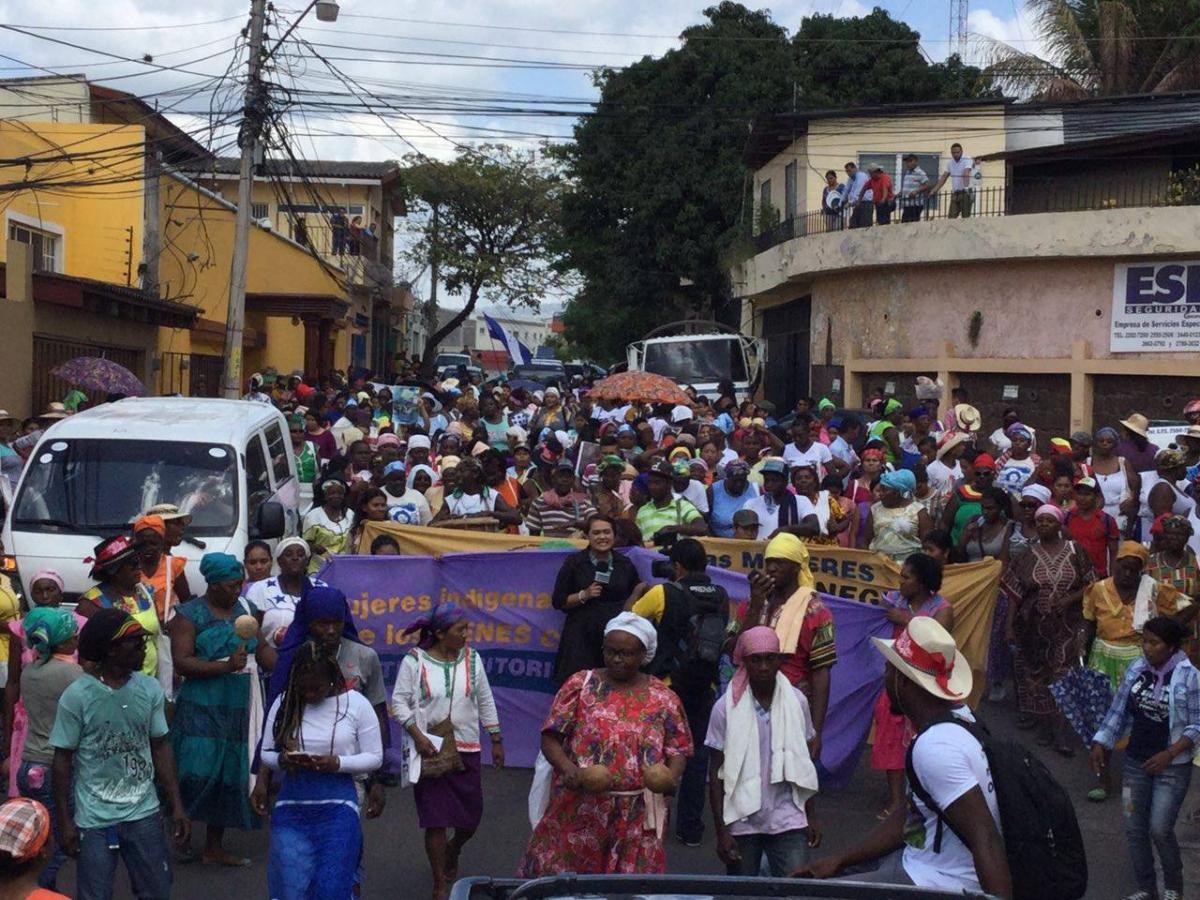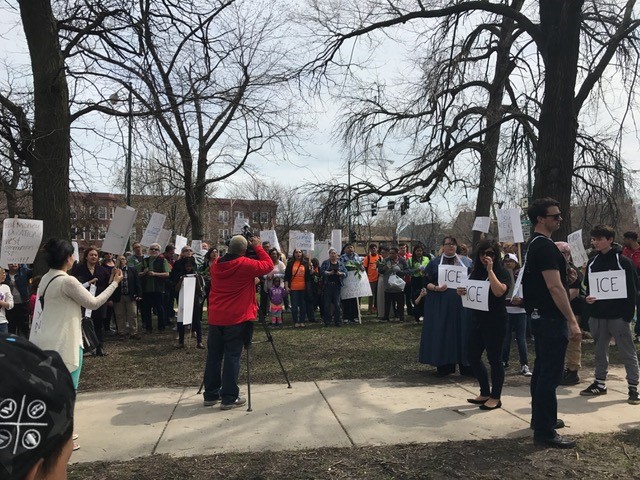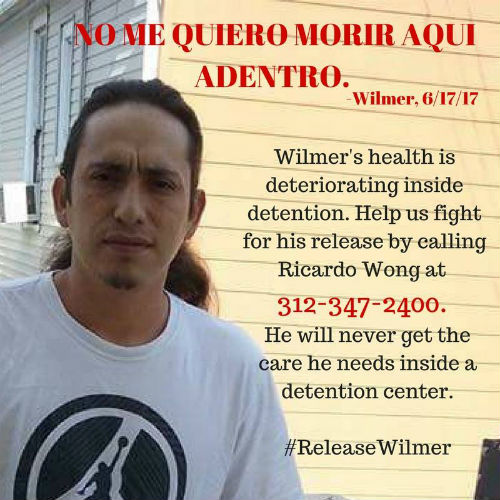
Our Blog


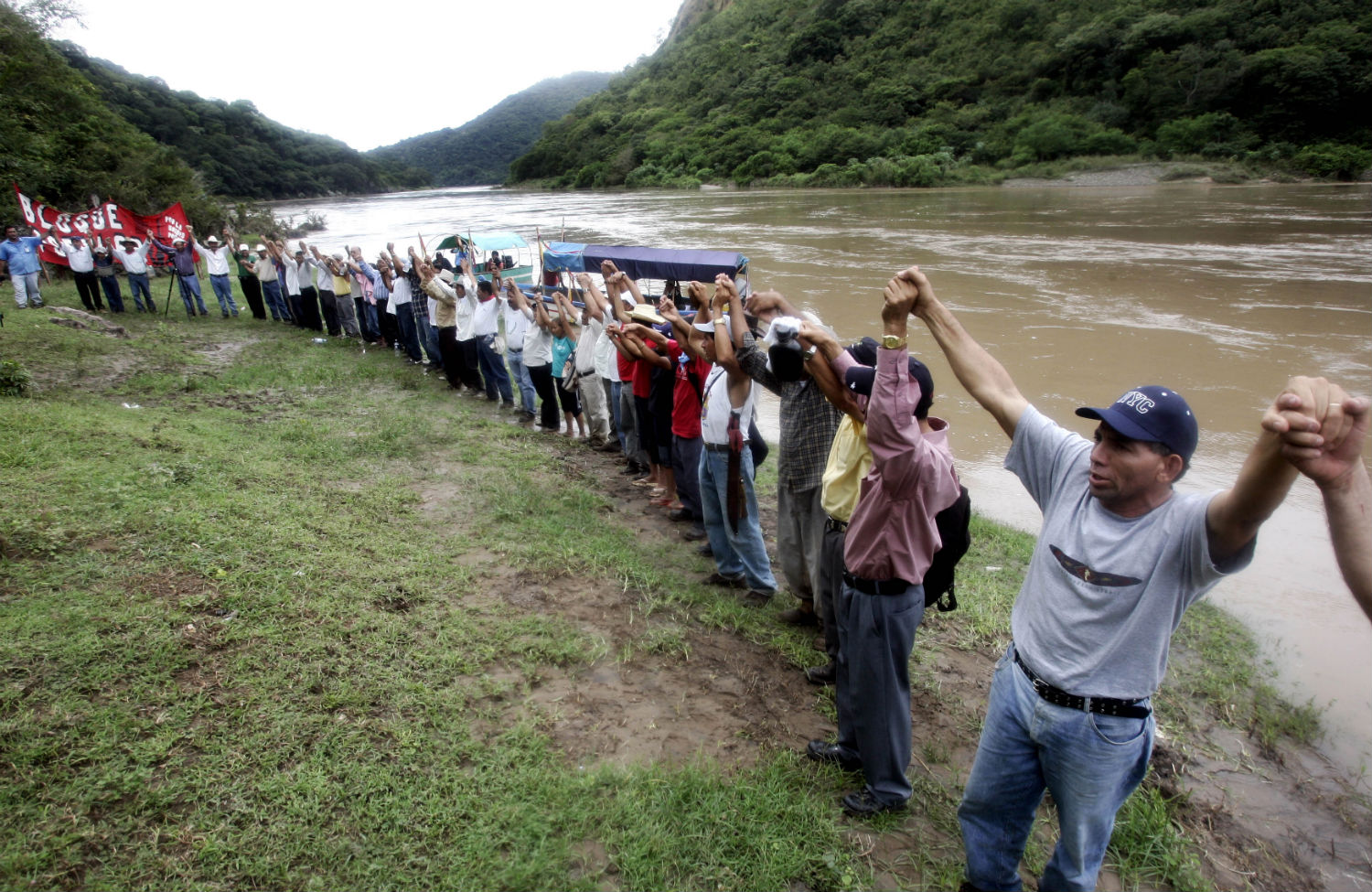

CRLN is seriously concerned about increasing levels of violent threats against the Lenca indigenous inhabitants of Rio Blanco, who have been resisting the illegal construction of a hydroelectric dam across a river on their lands. This is exactly the type of escalating threats that ended in the murder of Berta Caceres, so it is imperative that we act now. We received a request from the Civic Council of Popular and Indigenous Organizations of Honduras (COPINH) for international voices to add to COPINH’s complaints to the Honduran authorities about the threats and crops destruction and to ask them to act to protect members of the Rio Blanco community.. Apparently, the police have started accompanying armed men with guns responsible for the threats rather than arresting them.
Please email the Human Rights officer at the U.S. Embassy, Jason Smith, SmithJA6@state.gov, or call the Embassy at 011 504 2236-9320 and ask to be connected to Jason Smith. Please also call the Honduran Ambassador to the U.S., Jorge Alberto Milla Reyes, 1-202 966-7702. You can use the following script:
“I am very concerned about the increasing frequency of violent threats by men with guns against members of the community of Rio Blanco, Intibuca, including death threats against the children of Francisco Javier Sanchez. Threats of increasing frequency preceded the murder of Berta Caceres, who worked with this community, so the threats must be taken very seriously. The community has identified one individual making threats–Franklin Madrid–and has asked for the authorities to arrest him and any others making threats. Instead, the police have accompanied those making the threats.The U.S. funds training for the Honduran police. If they are abusing their positions as law enforcement, they should not receive U.S. funds. Please call on the Honduran authorities to protect the lives of people in Rio Blanco by arresting and bringing to justice those who are harassing them.”
The COPINH letter follows:
COPINH urgently communicates to the national and international community our serious worry about the defenseless state of the Lenca people in Río Blanco, faced with armed men and constant threats. We insist that the authorities take immediate action to protect the physical wellbeing and lives of COPINH members in Río Blanco, who continue to defend their ancestral territory against the invasion of people linked to the DESA corporation.
Continue reading Action Alert: Contact officials to demand protection for Rio Blanco
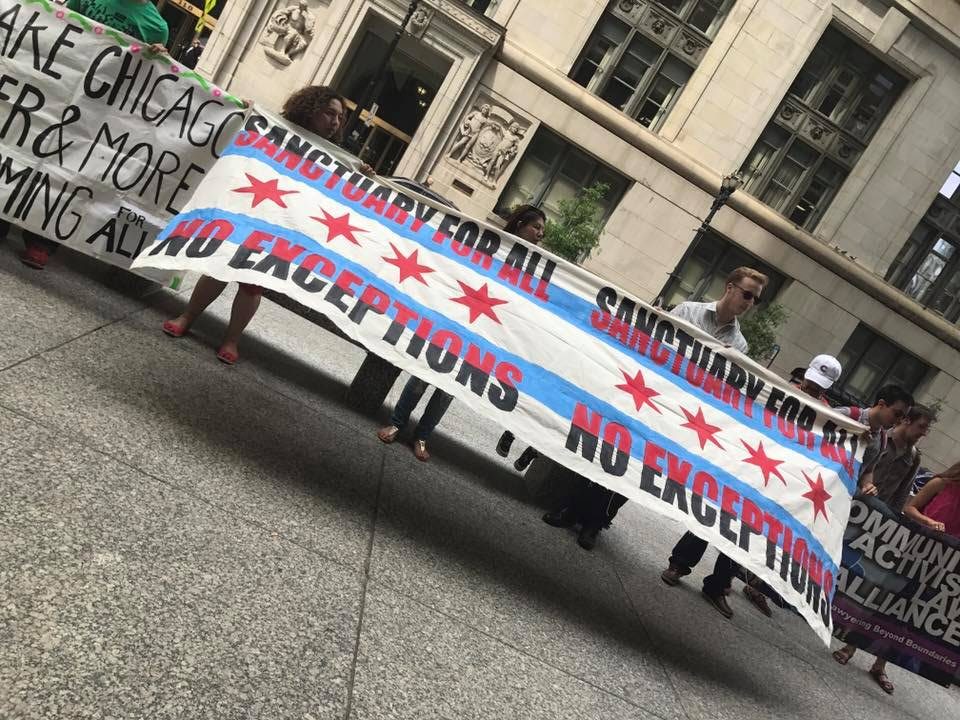
By: Ivanna Salgado, CRLN Immigration Organizer Intern
